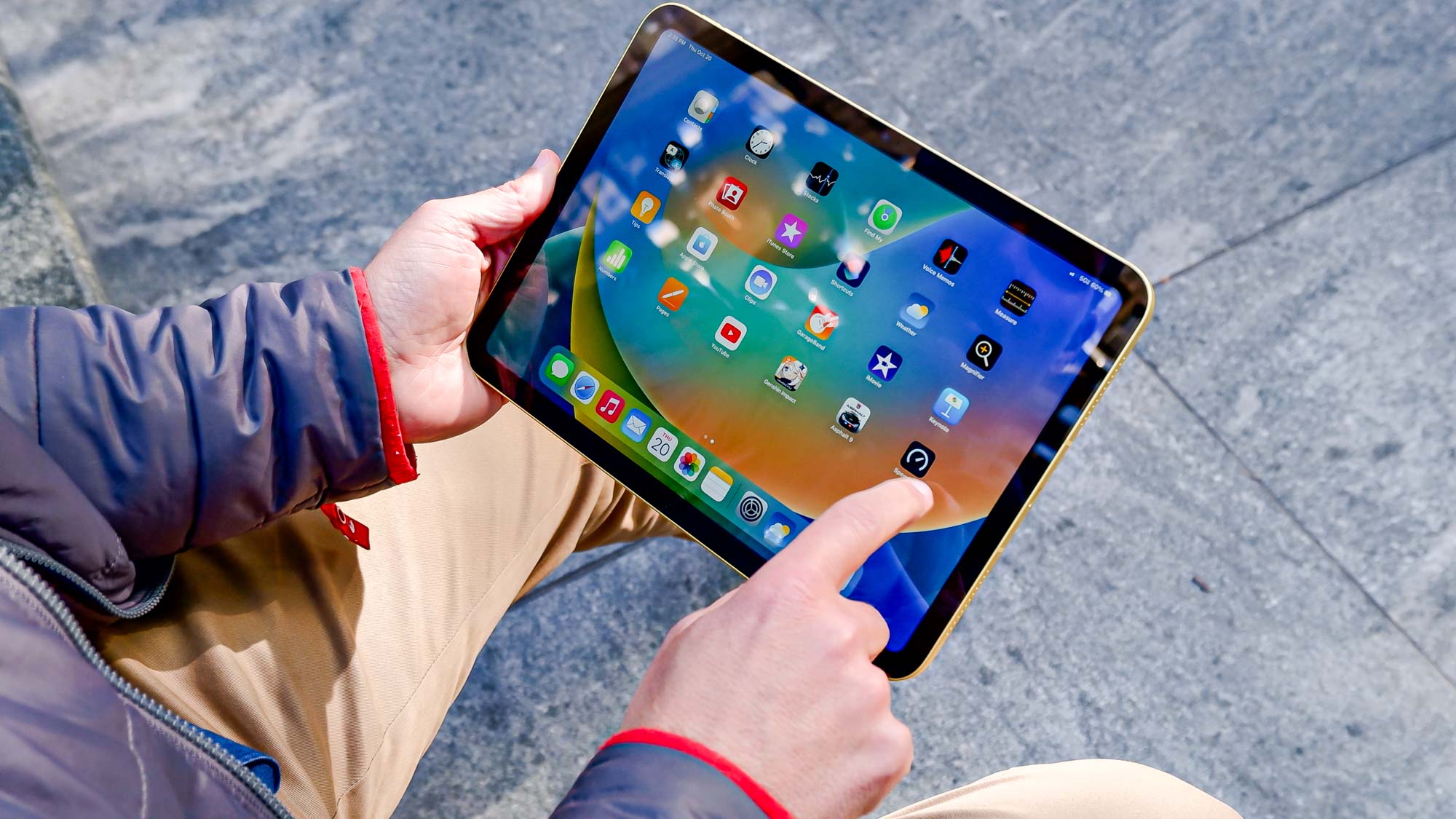Android users have virtually no protection from AirTag stalking — and Apple needs to fix it
Apple needs to do more to protect Android users
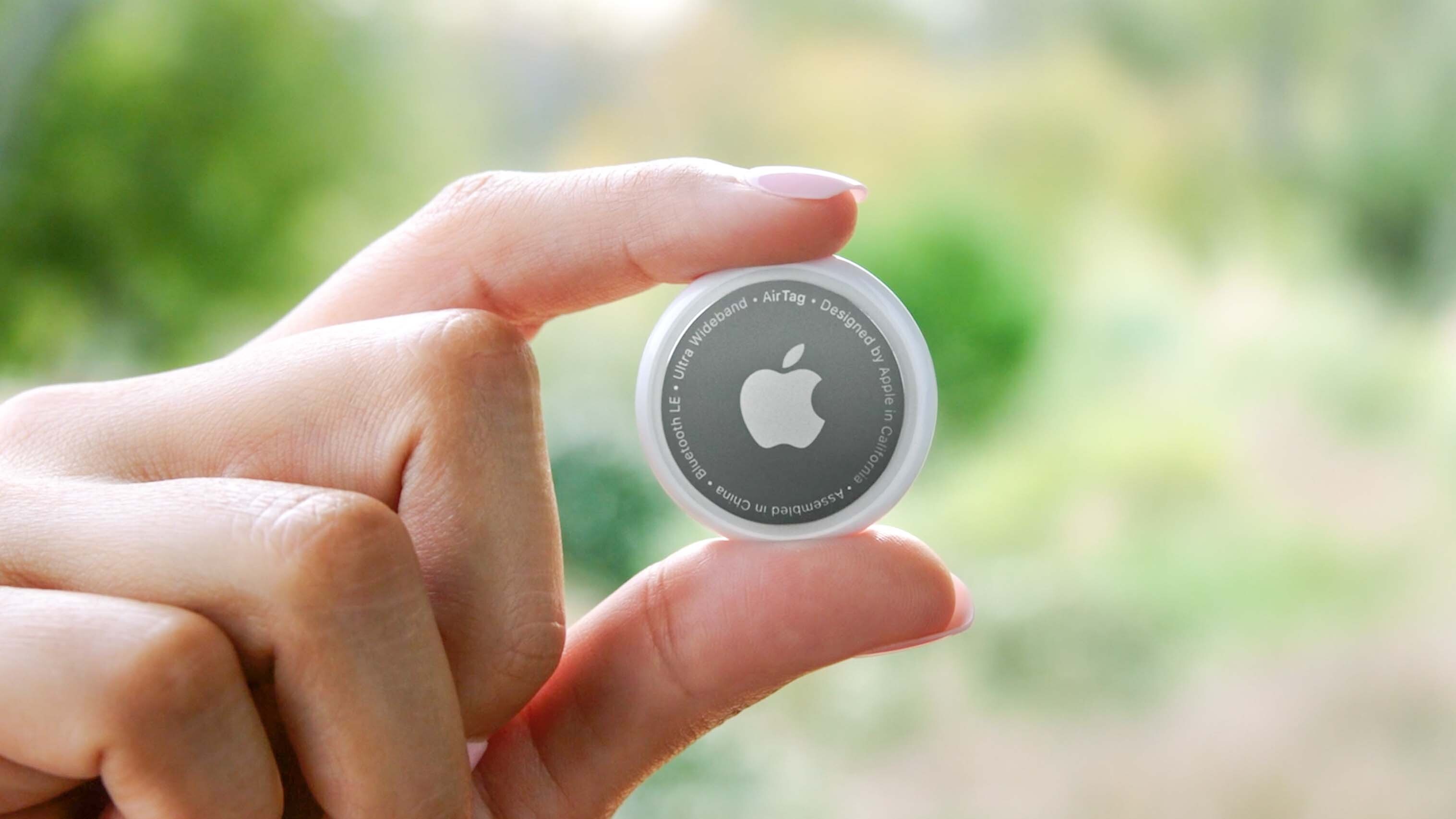
Apple has a long history of trying to ignore the existence of Android wherever possible. At best Android is an afterthought, but at other times Apple’s deliberate ignorance can have serious repercussions. The controversy surrounding Apple AirTags, and how easily they can be exploited for stalking, is one such example.
AirTags' greatest strength, the sheer scope of Apple’s Find My network, is also its greatest weakness. Because there are so many iPhones out in the world, and the fact every iPhone can detect nearby AirTags, tracking down a lost AirTag is significantly easier than a competing tracker. They can only be detected by phones with the relevant app installed, which are much fewer in number.
This unfortunate downside is that AirTags have been exploited to track people, primarily women, without their knowledge and to a terrifying degree. This has forced Apple to act, offering various updates designed to ensure unknown AirTags can be found quickly and easily. But, like so many other Apple efforts, those updates are exclusively targeting iPhone users.
Unfortunately, terrible people don’t discriminate based on what kind of phone you use. If a stalker wants to track a person using AirTags, their victim’s choice of phone isn’t going to factor into things. Apple needs to do a lot more to prevent AirTags from being used to stalk people whose only crime is not owning an iPhone.
Apple hasn’t done nothing, but it's not enough
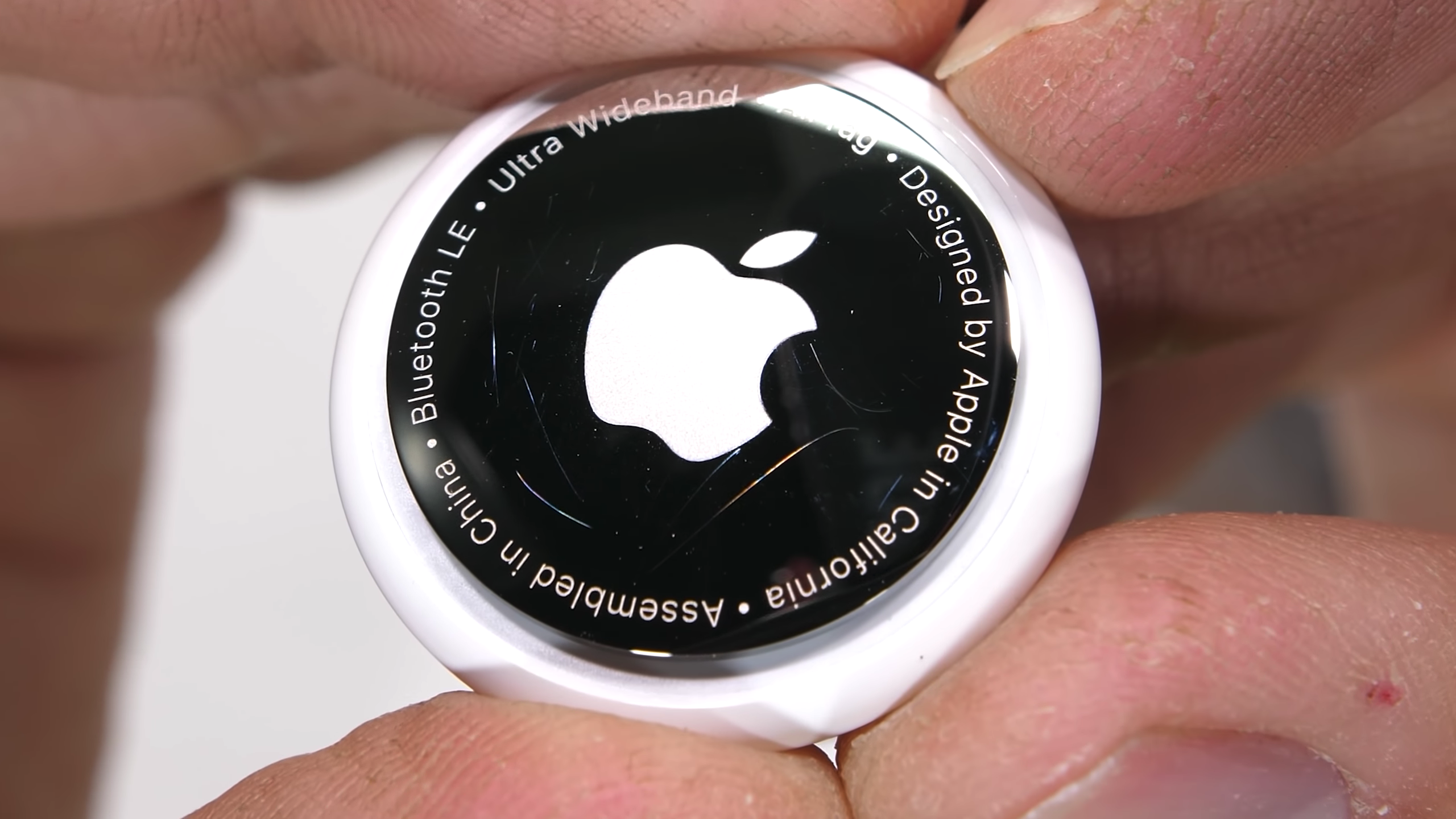
If you own an iPhone, detecting AirTags that appear to be following you around is pretty simple. If the iPhone detects that the AirTag has been with you for a while, or that it’s moving with you, you’ll get an alert warning you that there’s an unknown AirTag in the vicinity. Manually triggering a search for unknown devices in the Find My app is also an option.
Apple needs to do a lot more to prevent AirTags from being used to stalk people whose only crime is not owning an iPhone.
Once a rogue AirTag is detected, you can use the Find My app to force the tag to play a sound or track it down with the Precision Tracking feature.
All of this hinges on Apple’s Find My app, which isn’t available on Android. To its credit, Apple didn’t ignore Android devices completely, and launched the Tracker Detect app back in December of 2021. Unfortunately. this app doesn’t work in the background, as Find My does, and only lets you initiate a manual scan.
It’s not nothing, but it relies on people being continuously proactive and looking for AirTags that may or may not be nearby. More to the point. the Android app can’t differentiate between AirTags that are following you and any that might be in the area by pure coincidence — limiting its usefulness.
Similarly, Apple has updated AirTags so they will start making noise whenever they spend too long away from one of their owners’ devices. However, this only kicks in after 24 hours, and that’s plenty of time for a stalker to either do something malicious or see enough of your routine that they can take action later.
As many critics have noted, an AirTag’s beeping isn’t particularly loud. If it’s been well hidden you could easily not hear it.
What else can Apple do about AirTag stalking and Android?
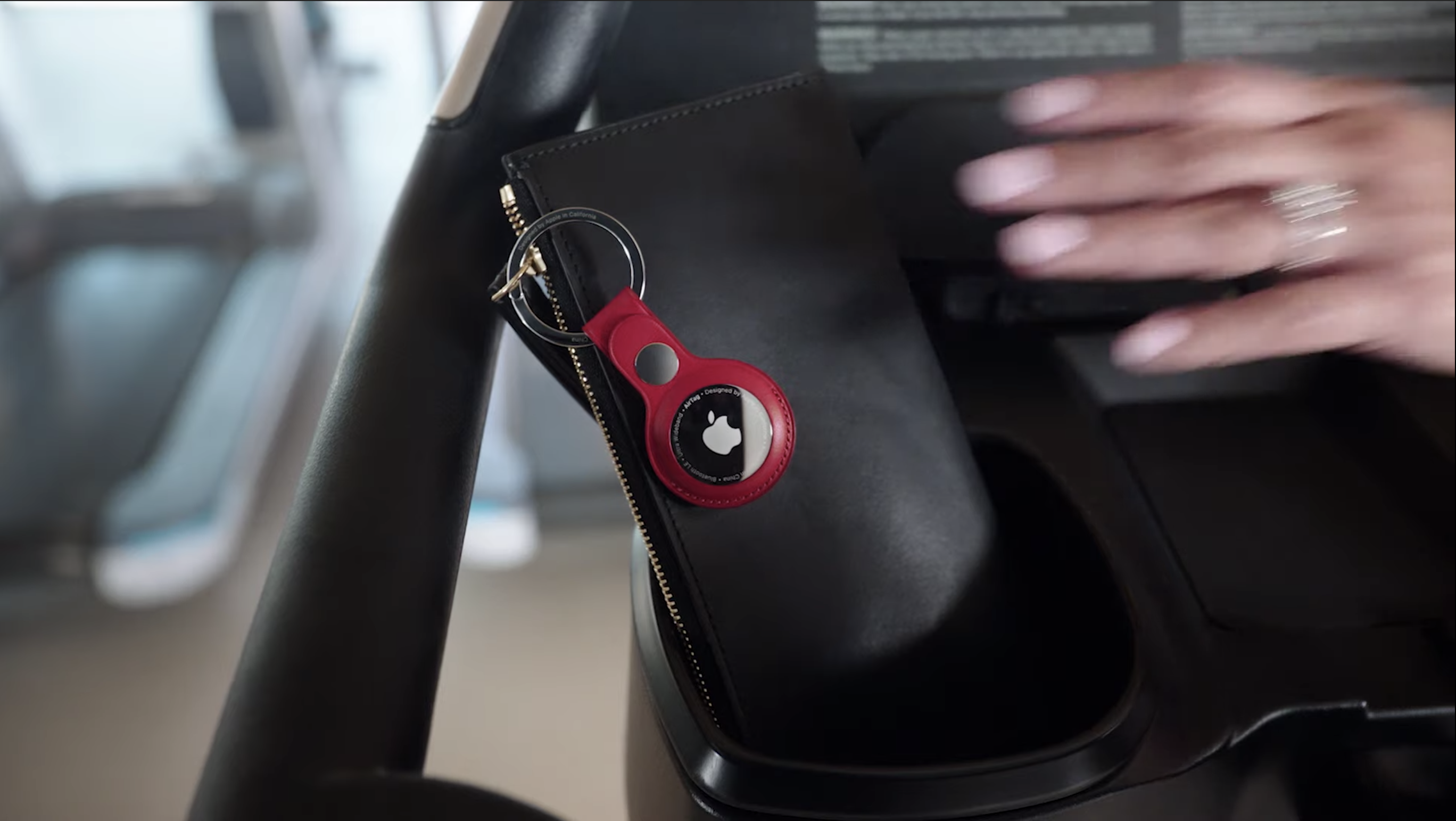
One thing Apple could do is offer a chance for Android users to track AirTags from their phones. The benefit being that this app could be working in the background to search for unknown AirTags and offer Android users a similar level of security that iPhone users currently enjoy.
Google previously announced that it’s working on some sort of tracker safety feature that will be built into Android, but there hasn’t been any word on that since the middle of last year. Plus, since even Apple's own AirTag updates are reliant on phones being updated, and given how messy Android OEM updates are, a bunch of people likely won’t have access to it for a couple of years.
Asking Apple to step in and offer a viable first-party AirTag detection app on Android isn’t unreasonable, and it’s certainly possible to accomplish. In fact, there is a third-party app out there called AirGuard, which is capable of detecting and notifying you of any stray trackers that appear to be following you around. That includes Apple’s AirTags, other Find My-connected devices and rival products from the likes of Tile.
It’s not perfect, and it takes some time to notify you that an unknown tracker is in the vicinity, but the fact it can do this automatically (after set-up) means it’s a step above what Apple is offering Android users. The best part is that AirGuard is free to use, which isn’t always true with other apps that advertise themselves as AirTag detectors.
However, given all the issues and reports that have come out about AirTag stalking, there shouldn’t be any need for a third party to step in and cover for Apple’s failures.
Preventing AirTag stalking shouldn't be the end of it
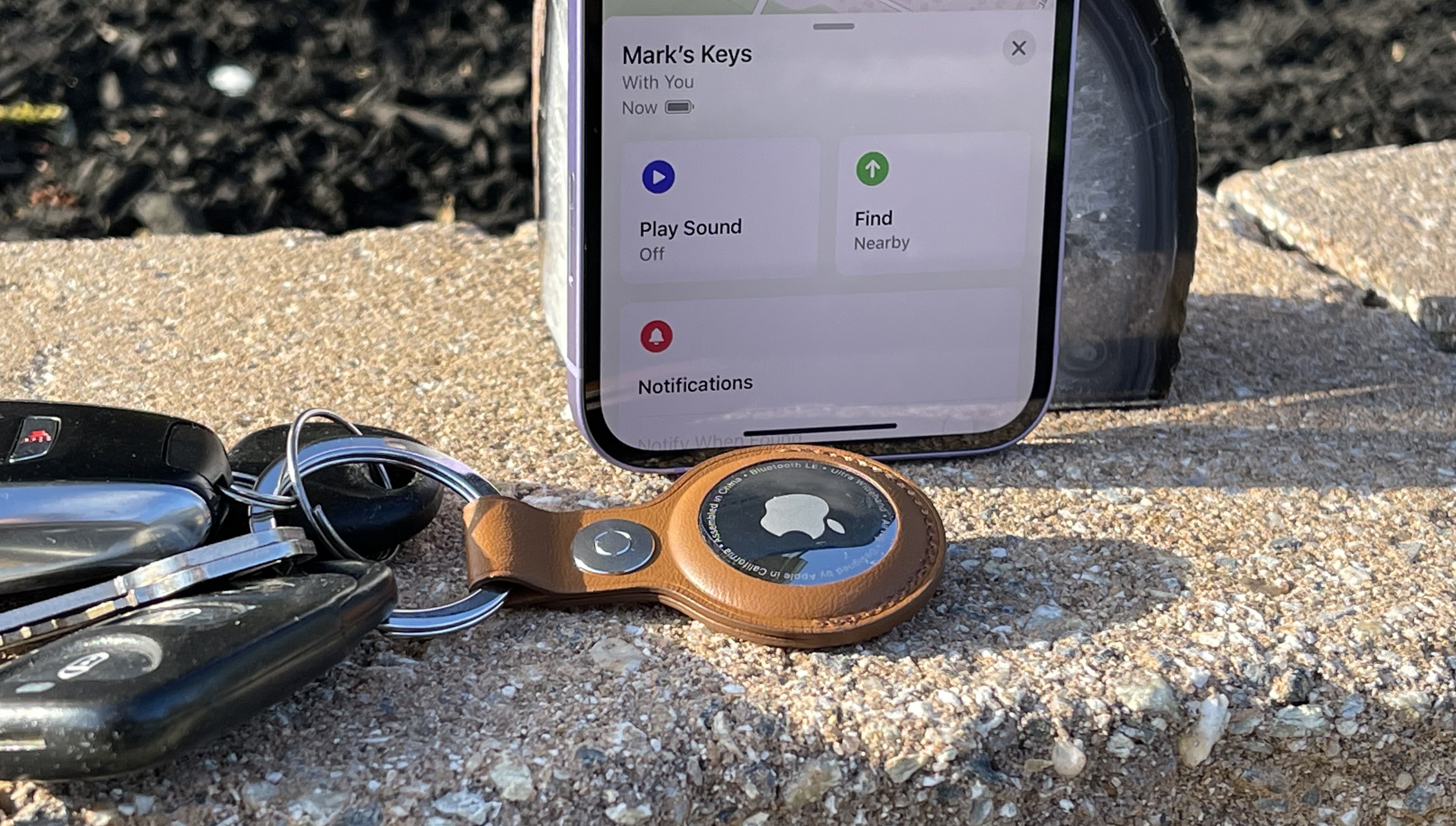
This issue stems from a wider problem. The fact that if you’re not an iPhone user you’re nearly irrelevant as far as Apple is concerned.
Sometimes Apple throws Android users a bone in very bizarre ways. Apple Music is available on Android, but Apple TV Plus is not. AirPods can be used with an Android phone, albeit without the special iPhone-centric features, but you can’t buy and track your own AirTag unless you also have an iPad or Mac.
Apple has also stubbornly refused to concede that Apple/Android messaging needs to be more secure and feature-rich than regular SMS and MMS can provide. The company killed an attempt to bring iMessage to Android and has refused to implement the more secure RCS messaging on iPhones. You shouldn’t be talking to people that use Android; apparently, you should buy them iPhones instead.
Android users are out there, and they’re pretty obvious — iMessage’s green bubbles have seen to that. It’s high time Apple pulled its head out of the sand and acknowledged them a little better. Even if it is just to make sure they’re not being put in danger by awful people wielding AirTags.
What to do if you find a strange AirTag

There are a few ways to find rogue AirTags, but if you do ever find one on your person be sure to go about it the right way. The first thing is to push the center of the back panel and remove it by spinning the panel counter-clockwise. This gives you access to the CR2032 battery, which you should remove. Without the battery, the AirTag will be completely inactive.
The AirTag's serial number is also visible from the inside. You should make a record of that, then report the whole incident to the police. Keep that AirTag safe (minus the battery) and hand it over to the cops if they ask for it. Apple will be able to use the serial number to identify the original owner of the AirTags and take the police can take the appropriate action.
Sign up to get the BEST of Tom's Guide direct to your inbox.
Get instant access to breaking news, the hottest reviews, great deals and helpful tips.

Tom is the Tom's Guide's UK Phones Editor, tackling the latest smartphone news and vocally expressing his opinions about upcoming features or changes. It's long way from his days as editor of Gizmodo UK, when pretty much everything was on the table. He’s usually found trying to squeeze another giant Lego set onto the shelf, draining very large cups of coffee, or complaining about how terrible his Smart TV is.
-
NickL99 This is categorically wrong. In fact all headlines about Airtags and stalking problem are 100% wrong and false. And I am saying this as an Andoird user who own airtags. I have an iphone at home which I forget to charge, and various airtags because they have the best community for lost items, but I have one in my bag and it beeps a 'stalking warning' every time i pick it up. Its bloody annoying and renders it useless to me. I also have one on my bike, and I removed the speaker from it so it wouldnt alert a thief to its presence.Reply
But as an android user, my airtag following me around lets me know its there many times daily. It detects movement and all non-owner bluetooth presence around it, thus it beeps madly. So your article is wrong, we will always know we have an airtag following us around. Period.
And all other articles stating 'Airtags have a stalking problem' is also factually incorrect. There is near zero chance airtags will ever be used for stalking, unless you pull it apart and remove the speaker, which stalkers may do as they are determined individuals, but there is better options, like the samsung smart tag, which has no anti-stalking features and has similar community now.
Stalkers are going to stalk, its not Apple's fault, and in my opinion they should drop their whole pursuit/agenda on this. It ruins them for 80% of its other practical uses (item theft).
